History of computing discipline at Muslim Association College of Engineering dates back to 2002, when the Department of Computer Science & Engineering was established to meet the demand for well-qualified computer professionals. The department has highly qualified and experienced faculty members, who constantly strive to be abreast of rapid advances by frequently involving in research work and through industry-academia interaction. In addition to expert lectures from eminent personalities, resource persons and faculty members from other disciplines also handle classes for our students. The students are not only trained to excel in academics, but also are encouraged to acquire industry exposure through industrial visits, in-plant trainings and project works. The Department offers various add-on training, placement drives; inter collegiate competitions and refresher program to inculcate a culture of teamwork and leadership qualities for achieving excellence in every walk of life.
Extensive laboratory work gives students experience with wired logic and micro programmed digital systems, microprocessors, personal computers and computer networks. The mission of the Department is to bring out high caliber professionals with confidence to create a better world with a perfect blend of technical excellence, technological achievement, communication skills and human values. To achieve this goal, the department upgrades teaching methodology regularly and combines the final technological aspects of education, by providing excellent teaching facilities, laboratory facilities, seminars, paper presentations etc.
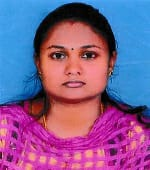
Asst. Professor
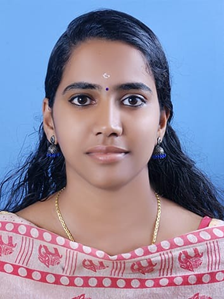
Asst. Professor
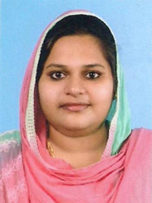
Asst. Professor
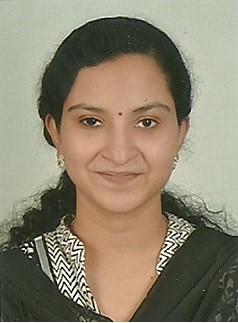
Asst. Professor
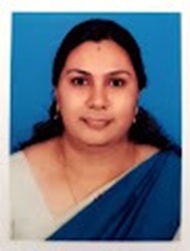
Asst. Professor
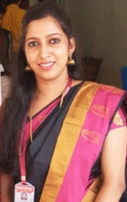
Asst. Professor

HOD
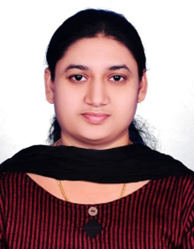
Asst. Professor
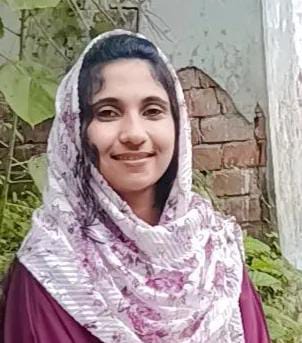
Asst. Professor

Asst. Professor
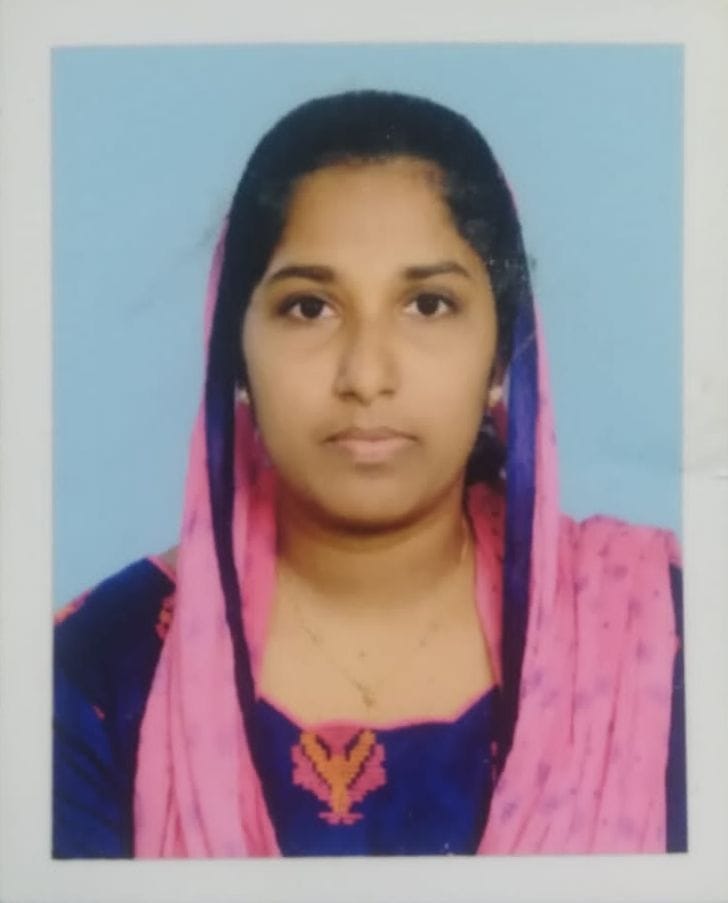
Asst. Professor
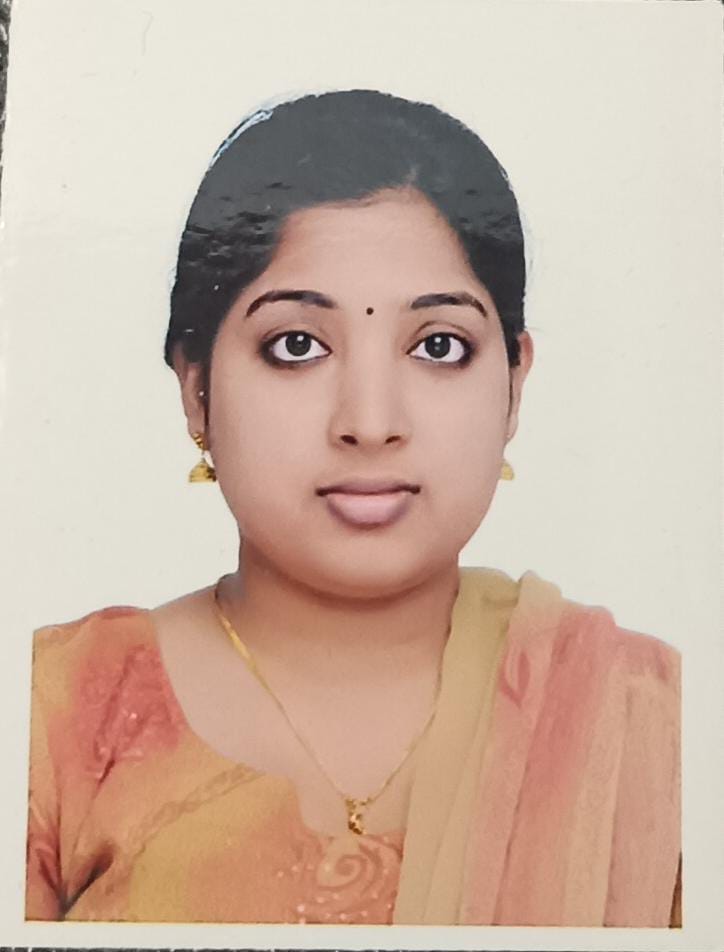
Asst. Professor

Lab Instructor
Labs with modern machineries make this course useful for students in becoming good civil engineers.
As per KTU syllabus, S1 computer science students have computer science work shop. This helps students to familiarize with basic hardware and software tools. It also focuses on implementation of algorithms and programming concepts studied in the course as related to the programming language Python and their subject of study, Introduction to Computing & Problem.
The programming lab helps students to apply and practice logical ability to solve the problems, understand C programming development environment along with compiling, debugging, linking and executing a program using the development environment. It also focuses on analyzing the complexity of problems, program implementation and execution.
This is a first level laboratory in which students are introduced to Electronics & Communication Engineering for the first time and are trained with the preliminary concepts of Electronics.
The objective of the Lab is to make students competent professionals by introducing abstract concepts and illustrate how those concepts are useful in problem solving and how abstraction can be made concrete by using a programming language. It enables the students to learn the technique of problem solving and then writing efficient program for those problems.
The lab familiarizes the students with various digital ICs. The experiments included are related to both digital hardware and programming concept.
A database management system is a set of software programs that allows students to create, edit and update data in database files, and store and retrieve data from those database files. The lab also helps the student to learn how to create and manage Database using PL/SQL.
OOT lab focuses on object-oriented programming (OOP) which provides a clear modular structure for programs making it good for defining abstract data types where implementation details are hidden and the unit has a clearly defined interface.
Through the Microprocessor laboratory, the students gain programming skills in 8086 Assembly Language and Interfacing with various devices such as Stepper Motor, Analog-to-Digital converter, Seven Segment display. The students are given instructions in writing and executing 8086 Assembly Language programs with 8086 Macro Assembler.
System Software lab provides knowledge about utility programs that controls the computer resources. It helps to deal with a set of programs that control and manage the hardware components of the computer system.
This lab helps the students to work with FOSS environment and introduce them to use open source packages in open source platform.
The main objective of the lab is to provide a knowledge of computer hardware. The students gain programming skills in 8051 assembly language and interfacing various devices such as stepper motor, DAC, ADC, keyboard and display interface.
This lab helps to introduce Network related commands and configuration files in Linux Operating System. It also introduce tools for Network Traffic Analysis and Network Monitoring.,practices Network Programming using Linux System Calls. ? To design and deploy Computer Networks.
The objective of the lab is to impart basic knowledge of computer operating system structures and functioning. It focuses on Linux operating system concepts and its implementation in C language and teaches the students future working environment and open source concepts.
With the knowledge of various existing algorithms and the Algorithm lab, the students can analyze and compare the efficiency of algorithm and gain the ability to design efficient algorithm for solving computing problems. The students can implement various animation programs .